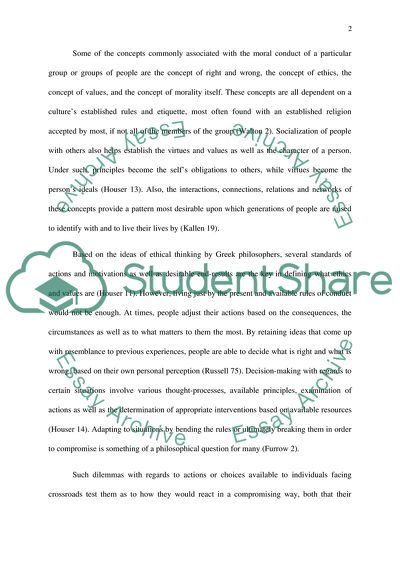Cite this document
(Ethical Dilemmas in The Hunger Games Research Paper, n.d.)
Ethical Dilemmas in The Hunger Games Research Paper. Retrieved from https://studentshare.org/literature/1774341-present-logical-philosophical-not-emotional-arguments-regarding-the-ethical-dilemmas-faced-in-the-hunger-games
Ethical Dilemmas in The Hunger Games Research Paper. Retrieved from https://studentshare.org/literature/1774341-present-logical-philosophical-not-emotional-arguments-regarding-the-ethical-dilemmas-faced-in-the-hunger-games
(Ethical Dilemmas in The Hunger Games Research Paper)
Ethical Dilemmas in The Hunger Games Research Paper. https://studentshare.org/literature/1774341-present-logical-philosophical-not-emotional-arguments-regarding-the-ethical-dilemmas-faced-in-the-hunger-games.
Ethical Dilemmas in The Hunger Games Research Paper. https://studentshare.org/literature/1774341-present-logical-philosophical-not-emotional-arguments-regarding-the-ethical-dilemmas-faced-in-the-hunger-games.
“Ethical Dilemmas in The Hunger Games Research Paper”, n.d. https://studentshare.org/literature/1774341-present-logical-philosophical-not-emotional-arguments-regarding-the-ethical-dilemmas-faced-in-the-hunger-games.


